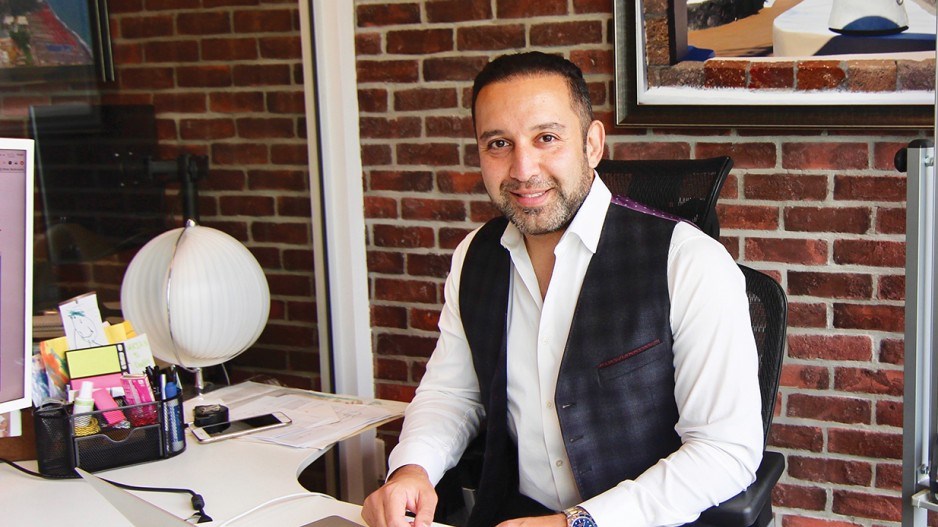The popularity of wellness software is on the rise as more people are turning to their devices to keep them on top of their health and exercise commitments.
North Vancouver-based online scheduling service Yocale is one example of how software companies are capitalizing on people’s busy lives in order to manage and promote wellness.
Yocale is a cloud-based booking engine that allows people to discover and book appointments with local businesses based on their availability and service type.
“We ask a lot of our body in today’s world,” said Yocale CEO Arash Asli. “We are constantly on the go and don’t get much opportunity to disconnect and recover.
“Unfortunately, being busy also means that any difficulty in locating and booking wellness services becomes a big obstacle to put that time aside.”
In 2016, Yocale won Silicon Valley’s TiE50 top startup award, and earlier this year the company announced a partnership with Google (Nasdaq:GOOG) to offer “Reserve with Google.” Reserve with Google enables users to book services directly through the Google search engine without having to divert to another web page. Customers looking for exercise, beauty or wellness services can easily connect and book appointments with establishments in their area.
“We, on average, are getting probably a few hundred [businesses] a month that sign up [for Yocale], and ever since the Google partnership it has significantly picked up,” Asli said.
Yocale has found most of its customers in the health, beauty and wellness sectors, he said.
“It’s true from a perspective that Vancouver and the West Coast in general is more after a healthier lifestyle, and beauty and wellness, which is basically our top two verticals.”
A company in the U.S. with a similar approach is Mindbody Inc. (Nasdaq:MB). The company serves around 35 million consumers in more than 100 countries and follows a similar cloud-based software system centred on wellness services.
Yocale’s two largest sector competitors were Mindbody and Booker until earlier this year when the former acquired the latter for nearly US$150 million. Mindbody now employs over 1,300 people.
Yocale also serves the American market. The company employs roughly 22 people at its headquarters in North Vancouver.
“There’s no question, you get onto a site like [Yocale] and then you think, ‘I really enjoyed that clinic; I am going to use the same service to book another appointment the same way,’” said Susan Griffin, owner of Edgemont Massage Therapy.
“We have a lot of elderly clients on the computer booking their appointments that way – they don’t want to pick up the phone anymore. It’s just the way the world is going.”
Another player in the field is Carrot Rewards, a Toronto-based software company that focuses on wellness and physical exercise. Like Fitbit (NYSE:FIT), the company rewards the user for meeting wellness and fitness goals.
Carrot launched its app, developed in partnership with the federal and B.C. governments, two years ago. Since then it has accumulated over a million users and was voted MobileSyrup Best Canadian-Developed App in 2017.
The company offers loyalty points to British Columbians who reach certain physical activity goals. The points can be redeemed for things like frequent flyer miles, movies, groceries and gas. The app has accumulated over a billion loyalty points since launching.
“The basic DNA of our app is harnessing two … social habits, which are the addiction to points and the addiction to your smartphone,” said Carrot’s CEO and founder, Andreas Souvaliotis.
The company is now modifying its app to allow peer-to-peer social encouragement for users tackling personal goals.
“[Self-care] is certainly being recognized more and more as there is more awareness,” Asli said. “A decade or two ago, our mind would process things at a much slower pace. Now, in a matter of minutes with emails, social, chats and more, we are processing multiple requests and making multiple decisions.
“Multi-tasking has been ingrained in us to give ourselves a sense of accomplishment and status … but the expense on our lives has been dramatically increased as the result.”




